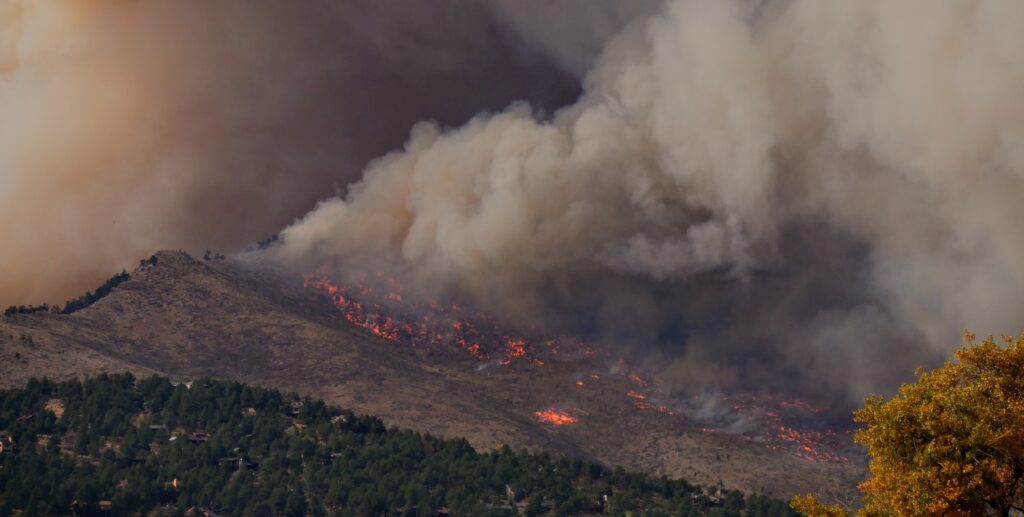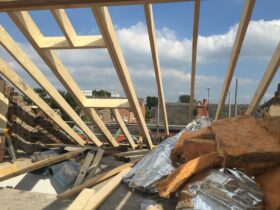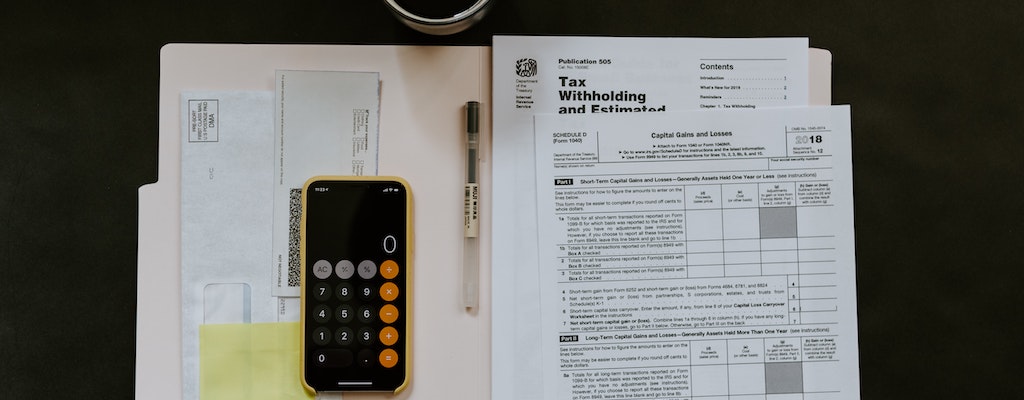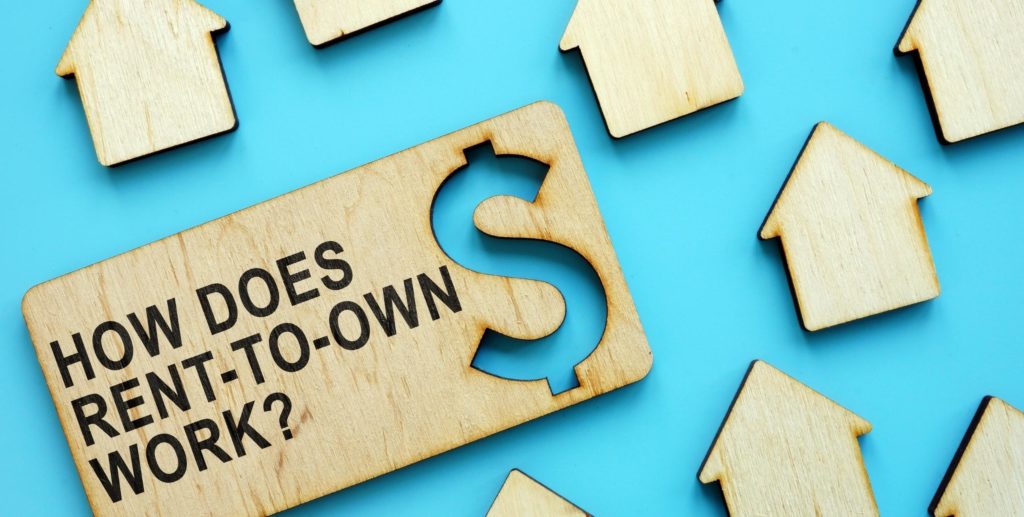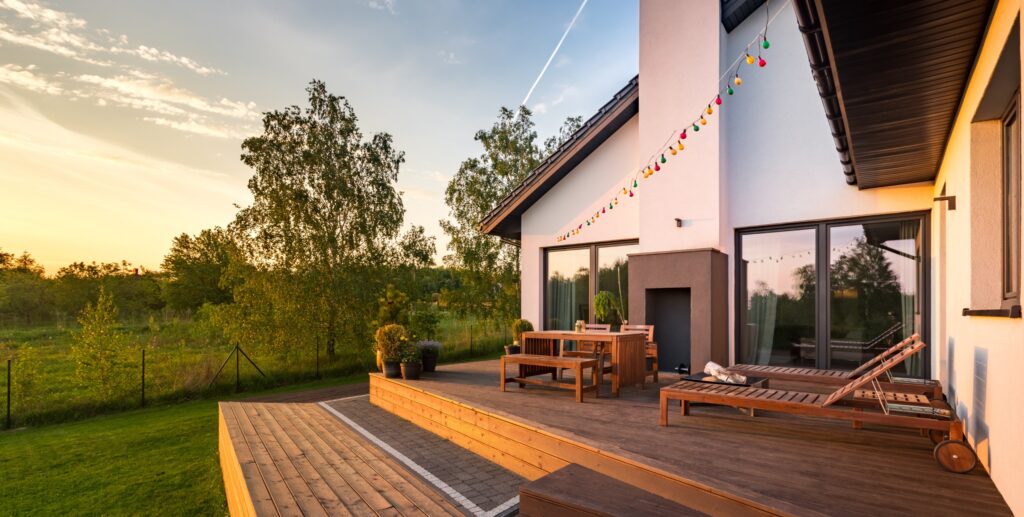Wildfires aren’t something that most people think about—but they can happen nearly anywhere. Just as a wildfire unexpectedly broke out in Maui and devastated the island, the same thing can happen in other places.
Wildfires usually occur without any warning. If the weather conditions are right, a small spark can turn into an inferno that can quickly spread and destroy a community. Just as it’s important to be prepared for a hurricane if you live in a hurricane-prone area, you also need to be prepared for the risks if you have an investment property in an area with fire risk.
What Is a Fire Zone?
A fire zone is an area considered to be at risk for wildfires due to the presence of vegetation, forestry, or other fire hazards. The size of a fire zone may vary. A fire zone could be a small community, for example, or a large area spanning several counties.
Fire zones can also vary in their levels of fire risk. A fire zone with a lot of brush could be designated as moderate fire risk, for example, while a fire zone with dense forest could be designated as high fire risk.
How to Find My Property’s Wildfire Risk
There are several ways you can check to see if your investment property is located in a fire zone. It only takes a few minutes to check its status, which will help you determine whether you need to take precautions to protect your investment.
Contact local authorities
Local authorities will have data about fire hazard zones where your building is located. You can reach out to your local fire department, as well as your city or county planning department.
Your local county assessor’s office may also have information on fire zones in your area. Because they determine home values for property tax assessments, they may have access to online databases of property information they can search.
Check online resources
Depending on where your property is located, your city or county’s official website may have online maps that show fire risk zones. You may find the information in the section for emergency or fire services. It may also provide guidelines and other information to help you prepare for wildfires.
Check your state’s Department of Forestry
Your state’s Department of Forestry is a valuable resource for determining fire risk in a community. They are experts in the management of natural resources and wildfire risk. Be sure to check your state’s Department of Forestry website to see if it has interactive maps with fire zones. The website should also have a contact form or email address.
Contact your homeowners insurance company
Homeowners insurance companies assess many factors when evaluating homes for coverage. If you reach out to your insurance provider, they may be able to check the data on your community and tell you if you are in an area that is a fire risk.
Preparing for a Wildfire
As an investment property owner, there are some things you can do to prepare for the possibility of a wildfire in your community. If you are proactive, you may be able to mitigate the risks of wildfire damage.
Here are some things you can do to prepare your investment property for a wildfire:
- Maintain your property: Clear vegetation from your yard, remove debris from your roof and gutters, and trim trees and shrubs to keep branches away from potential fire sources.
- Protect attic vents: Covering attic vents with fine mesh may prevent embers from entering the home.
- Create fire breaks: Making fire breaks around your property with gravel may slow or stop the spread of fire.
- Install exterior sprinklers: An external sprinkler system may keep the lawn wet to slow the spread of fire to the building.
- Use fire-resistant building materials: If you are building a new investment property or are rehabbing a property to flip, fire-resistant building materials may reduce wildfire risk.
- Check your insurance coverage: Review your policy to make sure you have sufficient coverage in case your building is damaged or destroyed.
Preparing for a wildfire does take time and effort, but it may be worth it if you live in a fire risk zone. You never know when a lightning strike, arson, cigarette, campfire, or something else will start a fire that quickly spreads out of control and devastates your community.
Getting Wildfire Insurance
As a real estate investor, making sure you have good insurance coverage is essential. If something happens and you aren’t covered, it could result in a significant setback in your real estate business.
When it comes to wildfire insurance, you may already be covered. It depends on the type of policy you have and your insurance provider. Be sure to review your policy to know what coverage you have. You can also contact your insurance representative if you have any questions.
If you discover your current policy doesn’t cover wildfires, you may be able to purchase wildfire coverage from your current insurance provider or another insurer. Shop around to find out which insurer will provide the most coverage for the best price.
Three common insurance policies that may provide wildfire coverage are homeowners, landlord, and renters insurance.
Homeowners insurance
A homeowners insurance policy may cover wildfire damage, but this isn’t always the case. A policy may exclude wildfires, for example, if the home is located in a fire zone and is at high fire risk. If a policy does provide wildfire coverage, it may be more expensive than one that doesn’t. It may also have a higher deductible or a lower coverage limit.
Landlord insurance
Landlord insurance is similar to homeowners insurance in that it provides coverage for the building. The primary difference is that landlord insurance also provides liability coverage in case one of your tenants sues you. Similar to homeowners insurance, however, landlord insurance may or may not provide coverage for natural disasters like wildfires.
Renters insurance
Renters insurance typically does cover fire and smoke damage to items in a rental home, regardless of the source of the fire. A renters insurance policy may also provide temporary living expenses if a renter is forced to move due to a fire.
As a real estate investor, having a clause in your rental contract that requires tenants to have rental insurance is a smart move. Renters insurance is relatively inexpensive, and it can benefit both you and the renter in case something happens.
What to Do If a Wildfire Damages Your Investment Property
In the unfortunate event an investment property you own is damaged or destroyed by a wildfire, remember that recovery is possible. Although a natural disaster can be a difficult thing to deal with, it doesn’t have to be the end of your real estate investing business. Here are eight things you should do if a wildfire damages your investment property to help you recover.
1. Make sure everyone is safe
Your first priority after a wildfire is to make sure everyone is safe. It’s also important to ensure the structure is completely safe for renters before it can be occupied again. It may be necessary to completely vacate the building until a thorough inspection can be done and repairs are made.
2. Assess the damage
After the fire has been extinguished, assess the damage to the building and surrounding property. Be sure to take pictures or make a video recording you can submit to your insurance company.
3. Notify your insurance company
File a claim with your insurance company as soon as possible. The sooner you file a claim, the sooner you can start making the necessary repairs to your property. The time it takes to process a claim varies and could be a few days or a few weeks.
4. Secure the property
Be sure to secure the property from looters or trespassers. If the property is unsafe and someone is injured while trespassing, you may have additional liability to deal with. It’s also a good idea to put up signage and caution tape around the property to let people know that trespassing is prohibited.
5. Communicate with tenants
Keep your tenants informed of everything that’s going on. Your property is their home, and they are sure to have questions and concerns. Be sure they have a clear timeline for repairs to minimize the disruption to their lives.
6. Review the lease agreement
Go over the lease agreement to make sure you understand your legal obligations to your tenants. If something is unclear, seek advice from an attorney.
7. Document expenses
Keeping detailed records of expenses you incur related to wildfire damage is essential. You may need to present the information to your insurance provider. Keep expense records related to all repairs, temporary housing for your tenants, and other costs associated with the fire.
8. Work with a contractor
Before selecting a contractor, be sure to ask for recommendations, check licenses and credentials, and read online reviews to make sure you hire someone who will do the job correctly. It’s also a good idea to get multiple quotes to make sure you get the best deal.
The Bottom Line: Know Your Wildfire Risk
Wildfires are more common than many people think. Each year, thousands of wildfires break out in the United States and do billions of dollars in damage. Regardless of where your investment property is located, wildfire risk is not something you should take for granted. By being proactive, you can be prepared for the aftermath of a wildfire so you can quickly get back to the normal operation of your business. Make sure you have good insurance coverage and that precautions are taken to prevent or minimize the damage.
Wildfire Risk FAQs
Wildfires, their causes, and how they affect communities are often misunderstood. Here are some common questions and answers about wildfires.
Where do wildfires occur?
Wildfires can occur anywhere with dense vegetation or forests. Many things can trigger wildfires, and they can be exacerbated by dry, hot, and windy conditions. Use fire zone ratings to assess your chances of being affected by a wildfire.
Does homeowners insurance cover wildfires?
Homeowners insurance policies typically cover fire damage, but they may not cover natural disasters like wildfires. If they do cover wildfires, the amount of coverage will vary depending on the policy. If your homeowners insurance policy doesn’t cover wildfires, check with your current provider and others to see if additional coverage can be purchased.
Is a property in a high-risk fire zone a good investment?
A property located in a high-risk fire zone may be a good investment, as long as you are aware of the fire risk, take necessary precautions, and have wildfire coverage. An important advantage of buying an investment home in a high-risk fire zone is that it may be more affordable than a property located somewhere else. It may also be worth it if it is located in a popular tourist destination where there is a strong demand for short-term rentals, like a national forest.
Rental properties in high-risk fire zones do have some important negatives. They may be more expensive to operate due to higher insurance premiums, and you will also have to consider the personal safety of your renters. You may also have to deal with the headache of having to rebuild after a fire and the loss of income until the property can be rented again.
In short, a property in a high-risk fire zone can be a good investment. It depends on how much risk you are willing to take on and whether the property will be profitable after expenses. Before you purchase a home in a high-risk fire zone, be sure to carefully consider both the pros and cons before making a decision.
Ready to succeed in real estate investing? Create a free BiggerPockets account to learn about investment strategies; ask questions and get answers from our community of +2 million members; connect with investor-friendly agents; and so much more.
Note By BiggerPockets: These are opinions written by the author and do not necessarily represent the opinions of BiggerPockets.
Source link: https://www.biggerpockets.com/blog/buying-a-house-in-wildfire-area by Cyrus Vanover at www.biggerpockets.com

